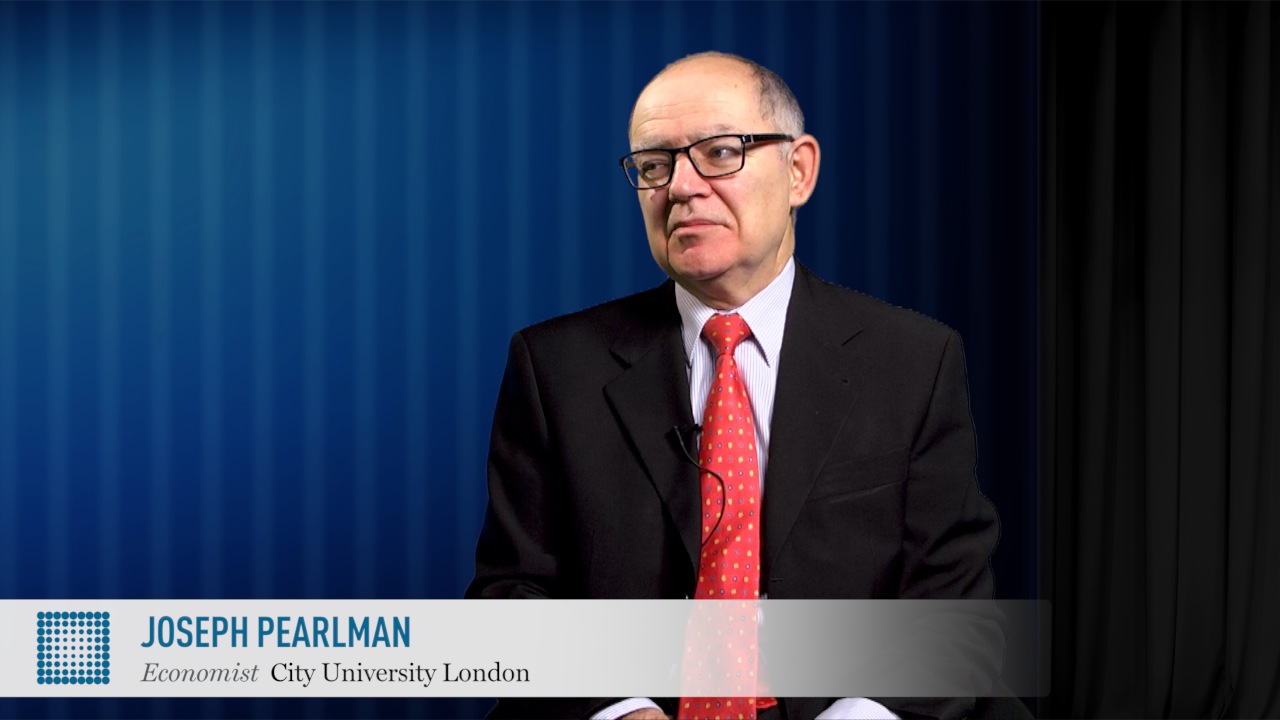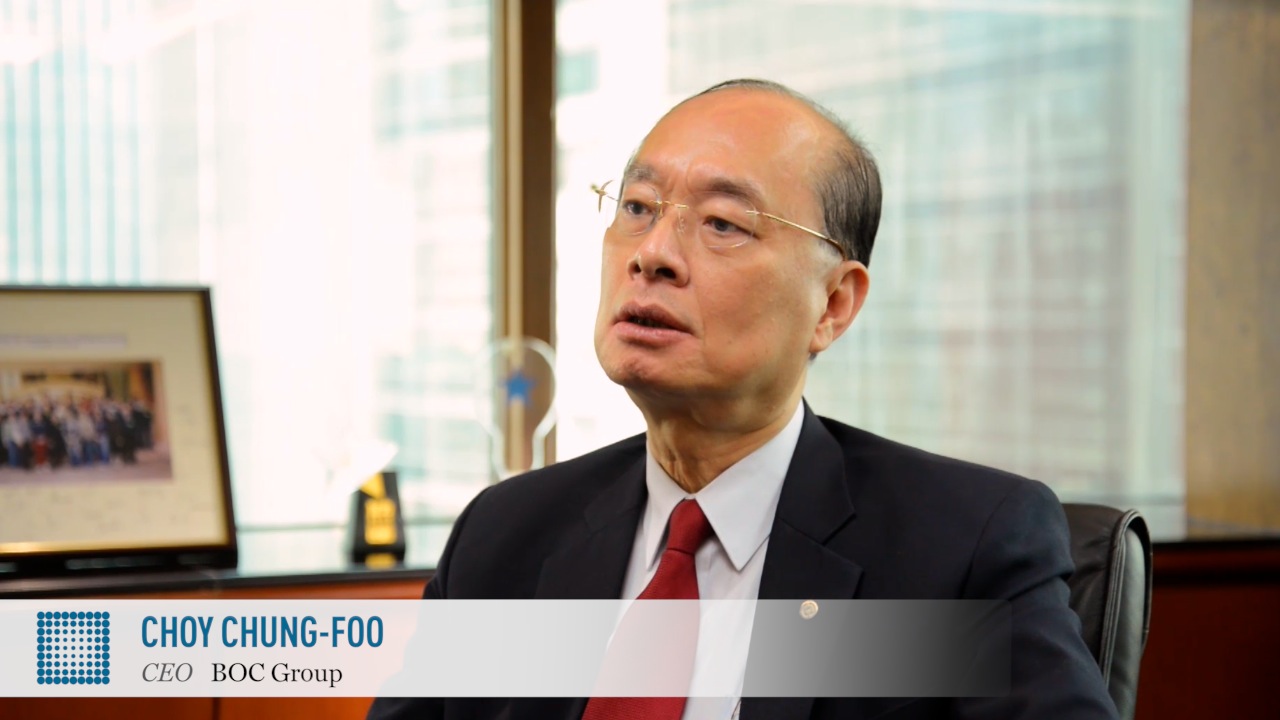Nancy McKinstry on breaking into China | Video
World Finance interviews Nancy McKinstry, CEO and Chairman of the Executive Board of Wolters Kluwer, on what it takes to break into the Chinese market
Related:
Transcript
Nancy McKinstry, CEO and Chairman of the Executive Board for Wolters Kluwer, discusses how her company has accelerated itself in China, how regulating and government mandating in the country is affecting businesses, and what other leaders need to do to break into the market there
World Finance: Why is China important to your company’s long-term business plan?
Nancy McKinstry: China is finally taking off as a market as it relates to serving professionals. What we do at Wolters Kluwer is, we provide information software and services to doctors, lawyers, accountants, other professional groups. And believe it or not, we’ve been in China for 25 years, and up until recently it’s been a relatively small market. But say, in the last five years or so, you’ve gone from no lawyers when we first entered in 1985, to today – there’s about 170,000. But what they predict by 2020 is two million lawyers. And to give you some context, there’s only about 1.8m lawyers in the US. So the market said the same statistic would be true in accounting and health; the professional markets are really starting to accelerate in terms of their growth. So that is why the market is more important to us going forward than maybe it was in the past.
[Y]ou’ve gone from no lawyers when we first entered in 1985, to today – there’s about 170,000
World Finance: What socio-economic factors are driving your business forward in China?
Nancy McKinstry: For us, what really drives the business is regulation and government mandating of certain compliance requirements. Whether it’s around healthcare, or around taxes, and so on. And what you see is that, that drive from the government, from a commercial perspective, is really increasing the number of lawyers, accountants, and so on. And in addition to that, you have the fact that you have a rising middle class. And as you have a rising middle class, you end up with more professionals serving them. So that combination of government and terrain are really driving certain kinds of regulation, combined with the rising middle class; it’s sort of a perfect environment.
World Finance: You’ve had to adapt your products to the digital age; how do you tailor them to the Chinese market versus the European?
Nancy McKinstry: Well in most of the markets, even now in health as well, but it’s certainly in tax and legal – the products are in local language, and very much tailored to the needs of the local customers. So that’s been, you know, the approach that we’ve taken largely in China as well. We do have some global products that would be in English language, and more tailored to a common set of customer needs. But generally we’re very much focused on the local needs.
World Finance: Are you competing with local publishing houses, or are the key players international?
[T]he professional markets are really starting to accelerate in terms of
their growth
Nancy McKinstry: We have these local partners. So for example, in law we deal a lot with China Law Press, the commercial press. And we have longstanding co-publishing arrangements, and that is true again when they’re working with us in the digital world. I would say in the global products, primarily in the health world, we’re clearly competing mostly still with big multinational global players. And I think that will still be the environment for several years.
World Finance: What advice would you give other business leaders looking to break into the Chinese market from any industry?
Nancy McKinstry: It’s a maturing market. My advice would be that they have to have a very specific target segment that they want to go after, and that they have to really understand what are the economics of that, and then see if it fits with their criteria for – not just the growth element – but really, how will they make profit in the country?

 Inflaming the Chinese dragon? Japan hints at conflict | Video
Inflaming the Chinese dragon? Japan hints at conflict | Video Choy Chung-Foo on Renminbi insurance | BOC Group Life Assurance | Video
Choy Chung-Foo on Renminbi insurance | BOC Group Life Assurance | Video
